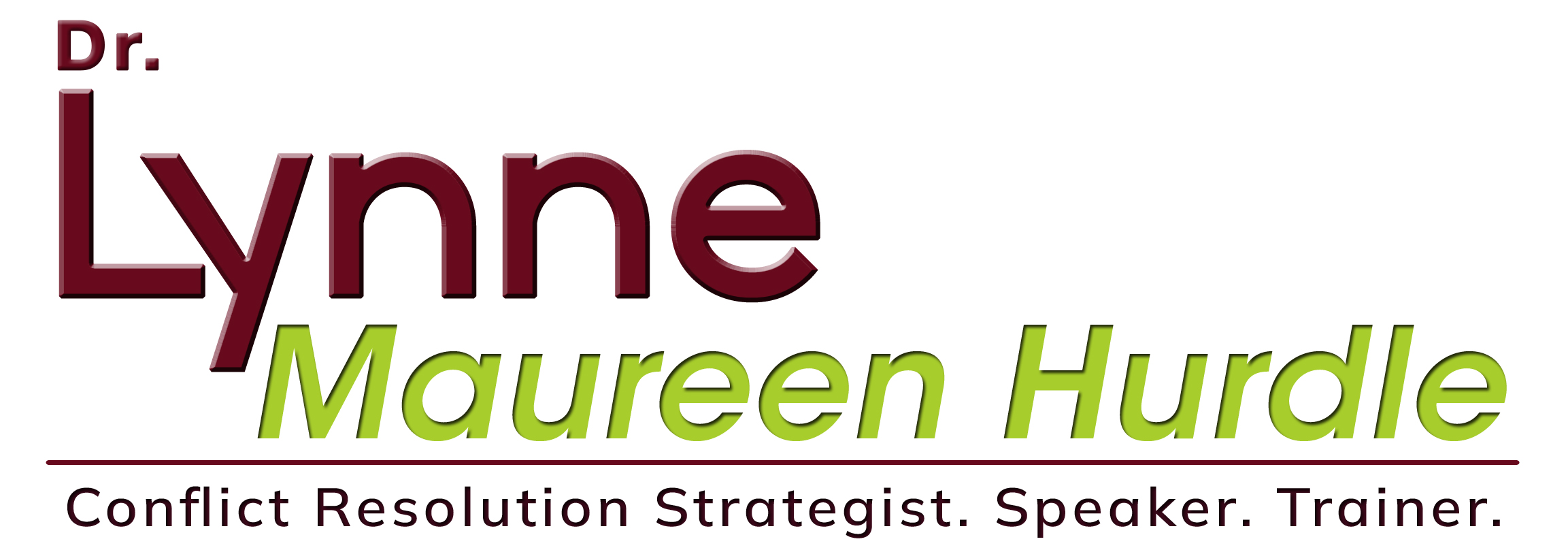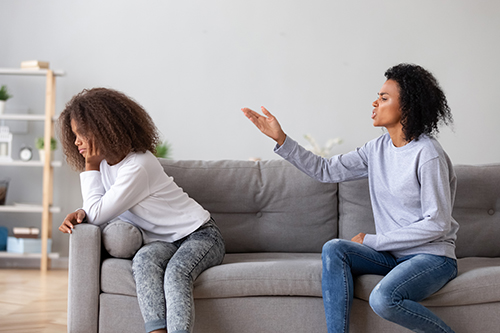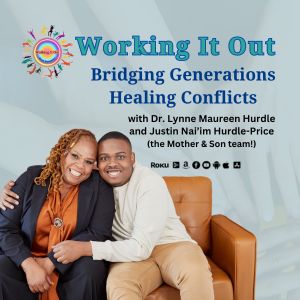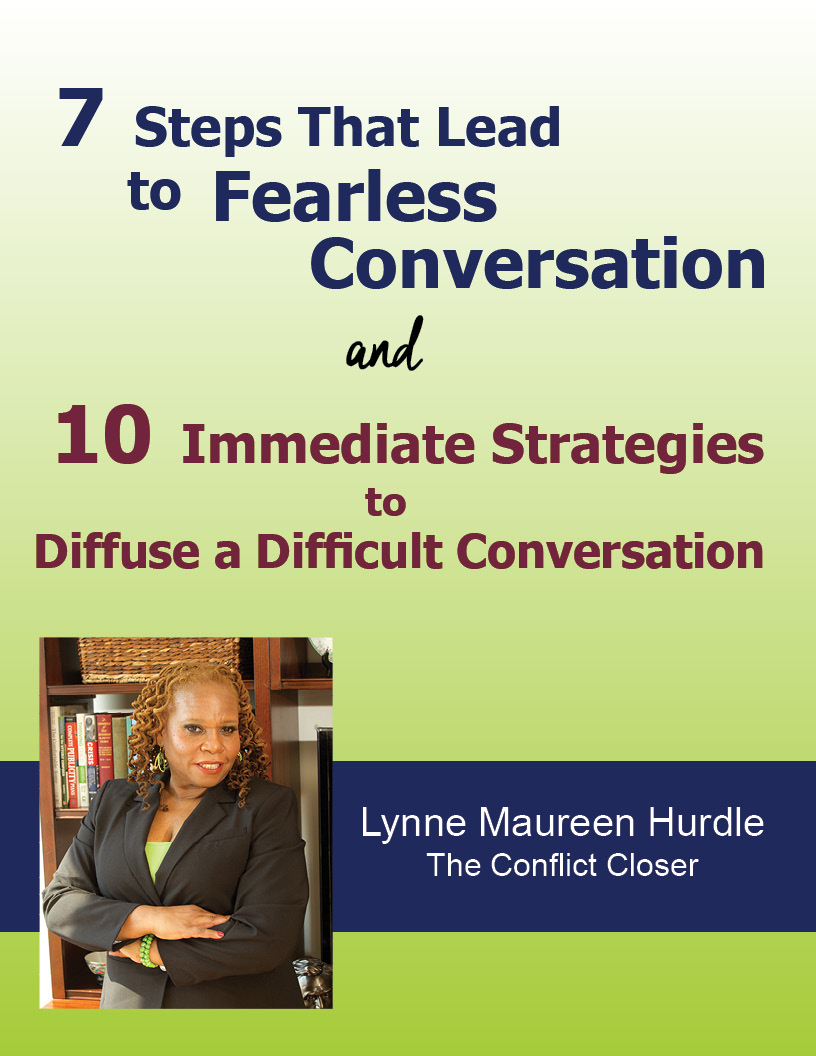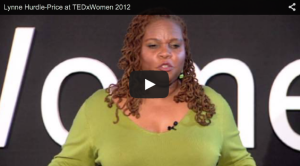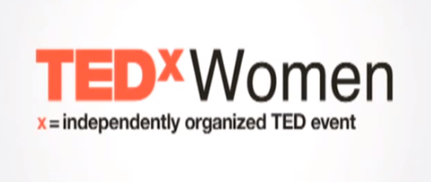Our children need us to make a better choice.
When we find ourselves with the challenge of handling situations with our children that are pretty much designed to push our buttons or at least we think they are designed to, pulling the parental power card is a quick and easy way to shut them down.
What if I told you that we can turn these situations around for our own development and growth while holding on to that card without playing it? Well, we can, but we have to know how. But why do we even want to go to these lengths when it is soooooo much easier to just flex our parental power and make them do what we want?
Well, first of all, if we are truthful with ourselves, it is hard to really make them do what we want. I know from my own experience as a child, my mother was pretty controlling, and she was able to yell at me into submission in her sight, but boy, did I go underground. That led to all kinds of problems for me including resentment of her, depression and sneaking around. It also cut off essential communication between us about the things a parent could’ve been helpful with in my development as a teen and a young woman.
I’ve encountered this experience of flexing that parental muscle many times when the opportunity/work of parenting differently is put on the table. Let’s take my client Jocelyn*. Jocelyn has three daughters who each push her buttons differently, but it is her middle daughter that sends her over the top. With this daughter, it can take a look or an attitude, as Jocelyn and so many of us like to call it. This daughter is not easy. She pushes back at even the suggestion at how she might behave in any given situation and is ultra-sensitive when being reprimanded or corrected. She is moody and particular about how she does things and is spoken to and in Jocelyn’s mind and culture, “this kid wants to run the show.”
Anyone familiar with this child? Have one at home of your own? Well, Jocelyn gets fed up pretty quickly with her daughter and finds herself being flooded almost daily now that her daughter is a tween. It has really gotten pretty serious. Jocelyn finds that when her daughter even looks like she is ready to engage in some kind of argument or pushback, the hair on the back of Jocelyn’s neck stands up, heat rises from her chest to her face and butterflies all but overrun her stomach. She is ready for battle.
When I first started coaching Jocelyn, she thought about all the physiological reactions that happen inside of her when she has difficult interactions with her middle daughter. She really wanted to try to change that pattern, but then she ran up against the true to life experience of having to do the work, and frankly found it easier to just lose her cool or demand, command or threaten to punish. After all that was what was done to her and so it was ingrained and at this point an automatic reaction. She realized that not only was she facing practicing a new way of interacting with her daughter she was up against habit. I showed her though that she was not necessarily up against instinct. Now she was intrigued.
Instinct is what tells us what is true to who we come here as not necessarily who we were made to be. It takes real effort, presence and calm to make contact with that person. The question for Jocelyn is the same question for you. Is it worth it to you to do the hard and rewarding work of understanding the difference between who you were made to be and who you could be to bring you to a place of interacting very differently having less stress in your life and getting in touch with yourself and how you navigate conflict with your children?
When your body is flooded with stress hormones, your brain’s function is to protect you and go into fight or flight mode. There is little to no access to conscious decision-making. I’ve said this before, but I really want you to hear me this time. Having a regular method for releasing stress in your life that you can put in place when a stressful situation with your child/children happens is crucial, especially now. COVID times have taken a huge toll on our children and they need us to have the patience, understanding and the skills to handle our own stuff. I’m talking about our emotions, triggers, reactions, words, actions.
They need us recognize that we are losing it and commit ourselves to doing the work. That means, when you are no longer in a heightened emotional state, take the time to reflect on your reaction and where you think that reaction came from. Ask yourself: What words or actions triggered me? What in my past could be responsible for setting this as an emotional trigger for me?
If you aren’t examining these things within you, then you are not preparing yourself for the emotional fallout of our children living in these times. It can’t be business as usual. It can’t be all about pulling the parental power card, because you have your own problems and just don’t want to deal with it. Yes, at times it feels like it is all too much, and it is, but our children need us to acknowledge the effects of the time that they are living in and the stress it is exerting on their personalities and emotional buttons and do some serious work on our own stuff.
Knowing ourselves in conflict with our children and learning better ways to handle it has always been important. The stakes are even higher now. They need us to do this.
Are you with me?
In Love,
Lynne
